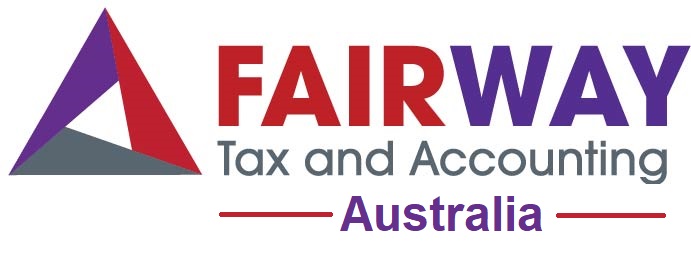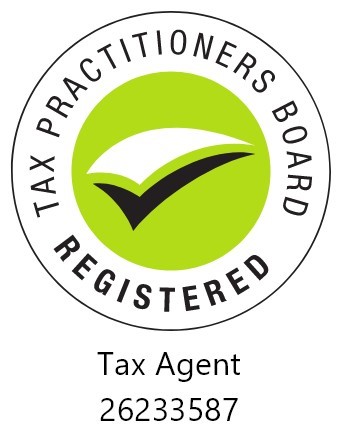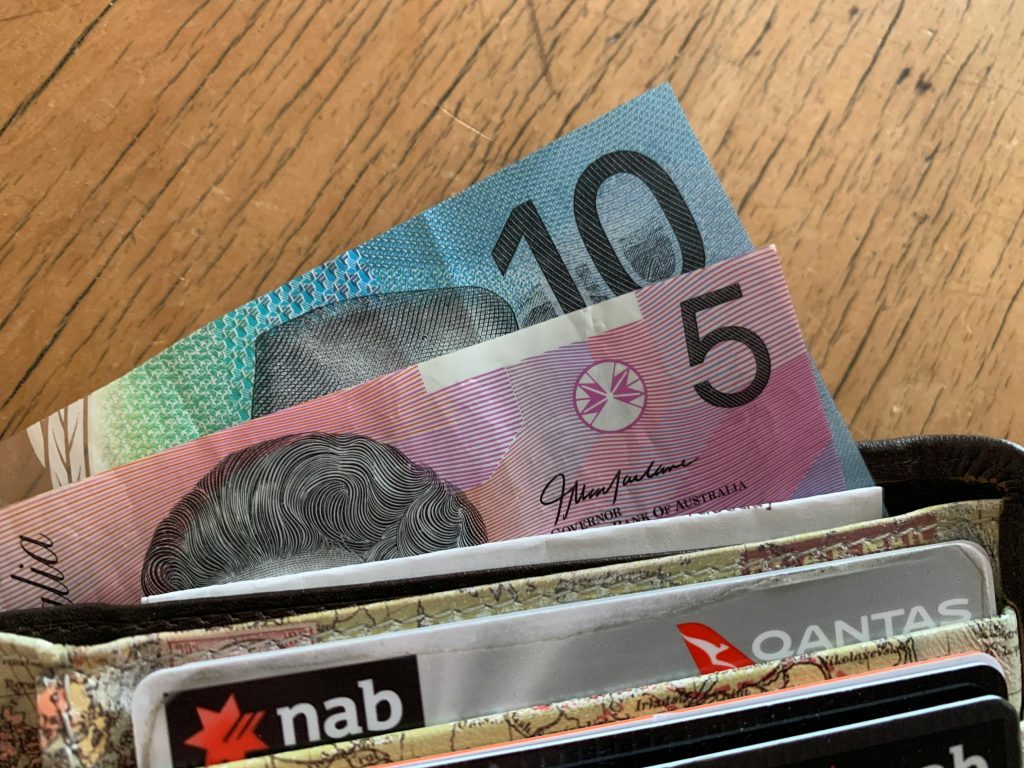Overview
It was clearly a pre-election Budget, with a strong focus on cost-of-living affordability, which the polls show as the key election issue.
Income Tax Cuts
Following on from the tax cuts already implemented from 1 July 2024, a further round of tax cuts has been announced from 1 July 2026. The tax rate applicable to the $18,201 to $45,000 income tax band will be further reduced from 16% to 15% from 1 July 2024 and again from 15% to 14% for this band from 1 July 2027.
Other Cost of Living Measures
Medicare Levy Low Income Threshold
In addition to the tax cuts, the Medicare Levy Low Income threshold, which prevents low -income-earners from having to pay the Medicare Levy will be increased so more low income-earners are relieved of the burden of the Medicare Levy.
Extension of Electricity Bill Rebate
The electricity bill rebate will be extended with every household receiving a further $150 rebate on their electricity bills in two quarterly instalments of $75 each from 1 July – taxpayers can expect to see the rebate in their bills for the first two quarters after 1 July 25.
Subsidised Childcare
3 days of subsidised childcare for all families earning less than $533,000 will commence from 1 January 2026, removing the work-study test for existing childcare support.
Student Loan Cuts
The Budget reinforced plans, provided Labour gets elected in the next Federal Election and subject to enacting legislation being passed, to cut student loan balances by 20%. While this will be welcome news to all of those with student debts, it is far from certain that this measure will ever be legislated.
Increased Health-Spending
The Government has already committed an extra $8.5 billion health spending (which the Coalition has already confirmed it will match). This funding will be used to incentivise more GPs to bulk-bill, increasing bulk-billing rates to 9 out of 10 visits.
Housing Affordability
Overseas citizens will be banned from buying existing housing stock in Australia for two years from 1 April 2025.
The Help to Buy scheme will be expanded to allow more people to co-purchase a home with the Federal Government. Single people earning up to $100,000 and couples earning up to $140,000 will be able to buy a home with up to 40% of the price being born by the Government in exchange for a share of equity. Owners can then buy out the Government’s holding over time. The cap on eligible properties for the scheme will be lifted with the cap depending on the State and whether the property is in a capital city or not.
Business and Employment
Non-compete clauses will be banned for workers earning less than $175,000 to facilitate job-switching and the start-up of new businesses.
The instant asset write-off, which allowed qualifying businesses to claim an immediate tax-deduction on the cost of new assets acquired and employed in the business, up to $20,000, will not be extended any further and will cease from 1 July 2025, leaving only an immediate deduction for up to $1,000 of asset acquisitions.
Measures to Support Women
The government has pledged $20.9m to expand the number of endometriosis and pelvic pain clinics from 22 to 33. Further funding has been allocated to allow increased Medicare rebates on long-term contraception, menopause health assessments and to add further oral contraceptives to the Pharmaceutical Benefits Scheme.



